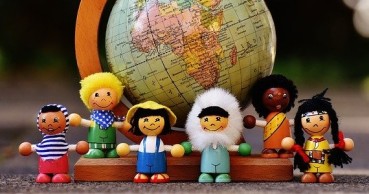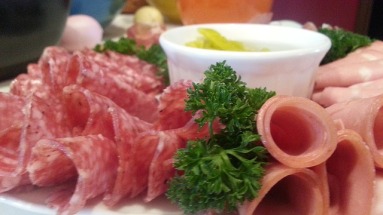
Image by Alexas_Fotos — Pixabay
THE MAKING OF FRIENDS
by Edgar A Guest
If nobody smiled and nobody cheered
and nobody helped us along;
if each, every minute, looked after himself
and good things all went to the strong;
if nobody cared just a little for you
and nobody thought about me,
and we stood all alone in the battle of life—
what a dreary old world it would be!
If there were no such thing as a flag in the sky
as a symbol of comradeship here;
if we lived as the animal live in the woods,
with nothing held sacred or dear
and selfishness ruled us from birth to the end
and never a neighbor had we,
and never we gave to another in need—
what a dreary old world it would be!
Oh, if we were rich as the richest on earth,
and strong as the strongest that lives,
yet never we knew the delight and the charm
of the smile which the other man gives;
if kindness were never a part of ourselves,
though we owned all the land we could see,
and friendship meant nothing at all to us here—
what a dreary old world it would be!
Life is sweet just because of the friends we have made
and the things which in common we share;
we want to live on not because of ourselves,
but because of the people who care.
It’s giving and doing for somebody else—
on that all life’s splendor depends—
and the joy of this world, when you’ve summed it all up,
is found in the making of friends.
From his book, Collected Verse of Edgar A Guest
© 1934 by The Reilly & Lee Company

Image from Pixabay



